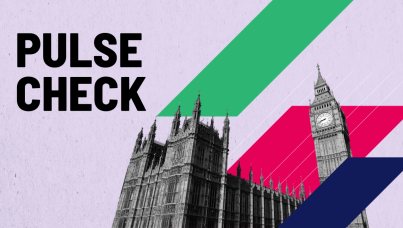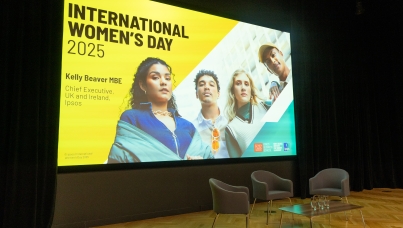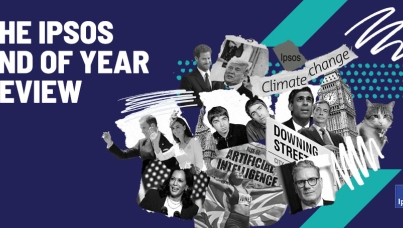Public trust and confidence in charities
This report presents the findings of the 2012 Charity Commission study into public trust and confidence in charities, conducted by Ipsos on behalf of the Commission.
A recent survey conducted by Ipsos on behalf of the Charity Commission finds that the public increasingly see the role of charities in society as essential. More than a third (37%) of people in England and Wales now think that charities play an essential role in society, compared to three in ten (30%) in 2010.
Overall trust and confidence in charities remains strong, with a mean score of 6.7 out of 10, in line with figures from 2010. Charities are in the top three trusted groups, with only the police and doctors seen as more trusted.
Other key findings include:
- People are keen to know how charities spend their money and the benefit they bring, with the vast majority saying charities should provide the public with information on ‘how they spend their money’ (96%) and ‘how they benefit the public’ (94%).
- People are becoming more uncomfortable with certain fundraising methods, with 67% saying ‘some fundraising methods used by charities make them feel uncomfortable’, an increase from 60% in 2010.
- Familiarity and personal connections appear to have an important impact on general levels of trust in charities - four in five people (82%) trust charities more if they have heard of them, while three in five (59%) trust charities more if they are providing services within their local community.
- More people have ‘received advice from a charity’, or have a friend or family member who has, rising to 37% in 2012, from 31% in 2010.
- Over half of people have heard of the Charity Commission (55%), a significant increase from when the survey was first done in 2005 (46%). When the role of the Charity Commission is explained, 98% believe its role is essential, very or fairly important.






